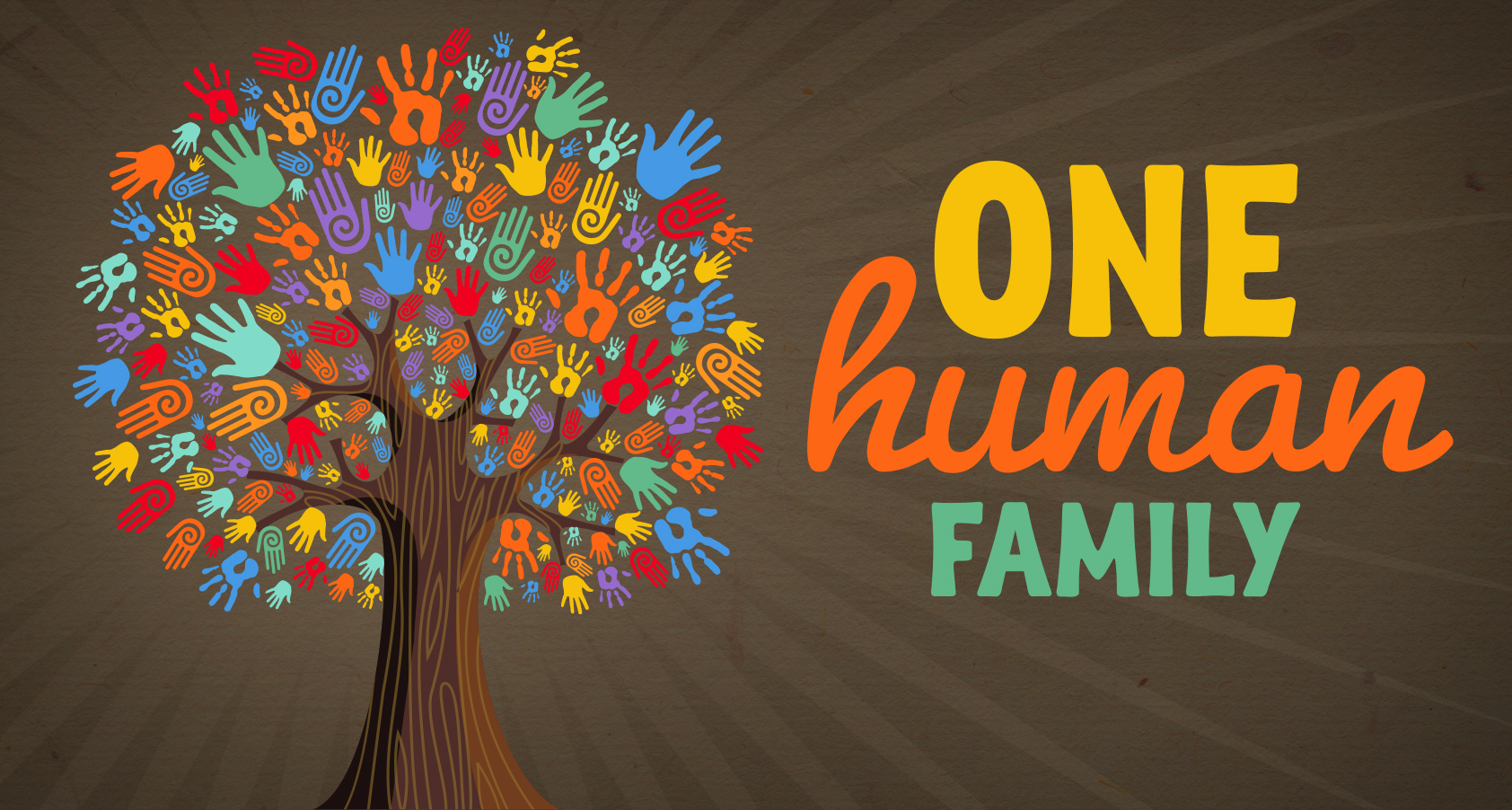
06 Feb Living the Principle of Oneness
The following article is from bahai.org.
Today, the human race is passing through a period of turbulent adolescence, moving towards the next stage in its life—a stage of maturity characterized by the emergence of a united, global civilization. Our well-being, our peace and security are all dependent upon the firm establishment of unity.
To create this new world, many patterns of behaviour that characterized earlier phases of our existence must be put aside. “We must strive unceasingly and without rest to accomplish the development of the spiritual nature in man,” wrote ‘Abdu’l-Bahá, “and endeavor with tireless energy to advance humanity toward the nobility of its true and intended station.”1
“[W]e must all strive with heart and soul until we have the reality of unity in our midst.”2
The fundamental principle of the oneness of humankind requires a profound development in our thinking: “If you desire with all your heart, friendship with every race on earth, your thought, spiritual and positive, will spread; it will become the desire of others, growing stronger and stronger, until it reaches the minds of all men.”3
Noble thoughts in themselves, however, are not enough. They must be translated into action. The truth that humanity is one must today be constantly asserted and taught to all.
Genuine, universal fellowship is a requisite for realising human unity. “So intense must be the spirit of love and loving kindness, that the stranger may find himself a friend, the enemy a true brother, no difference whatsoever existing between them.”4
In the new civilization called for by Bahá’u’lláh, all people must feel and act as if they are citizens of one common homeland. “Let not conventionality cause you to seem cold and unsympathetic when you meet strange people from other countries… Do not be content with showing friendship in words alone, let your heart burn with loving kindness for all who may cross your path.”5
Selfless service towards our fellow human beings is a natural expression of acceptance of the principle of the oneness of humanity. “Man’s merit lieth in service and virtue…”6 wrote Bahá’u’lláh. “The betterment of the world can be accomplished through pure and goodly deeds, through commendable and seemly conduct.”7
For a human race approaching maturity, care must also be exercised in the way we express ourselves. Sharing ideas with kindness can have a profound effect on the hearer. Furthermore, nothing can inflict more damage on unity than dwelling on people’s faults or, worse, broadcasting them to others. Rather, we should concentrate our thoughts on love and unity, focus upon the good qualities in people and forgive each other’s shortcomings.
The competitive culture prevalent in so many aspects of life today makes it extremely difficult to free oneself from the preoccupation of having to come first. Even the choices made by parents can influence children, however unintentionally or innocently, encouraging them to pursue the passions of the world—admiration for power and status, love of luxuries, obsession with self-gratification.
Such attitudes promote separateness rather than unity. They open the way for an individual to be concerned with trying to “exalt himself over the other.”8
With a deep understanding of humanity’s oneness, we can begin to view our interests as complementary. Without it, we become mired in conflict and see success in narrow terms. Bahá’u’lláh tells us: “Of all men the most negligent is he that disputeth idly and seeketh to advance himself over his brother.”9

